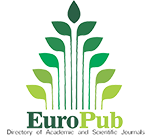Selection of Rhizobium leguminosarum strains via symbiotic and production variables in Pisum sativum L.
DOI:
https://doi.org/10.48162/rev.39.118Palabras clave:
Arveja, Rhizobium leguminosarum, selección de cepas, eficiencia simbióticaResumen
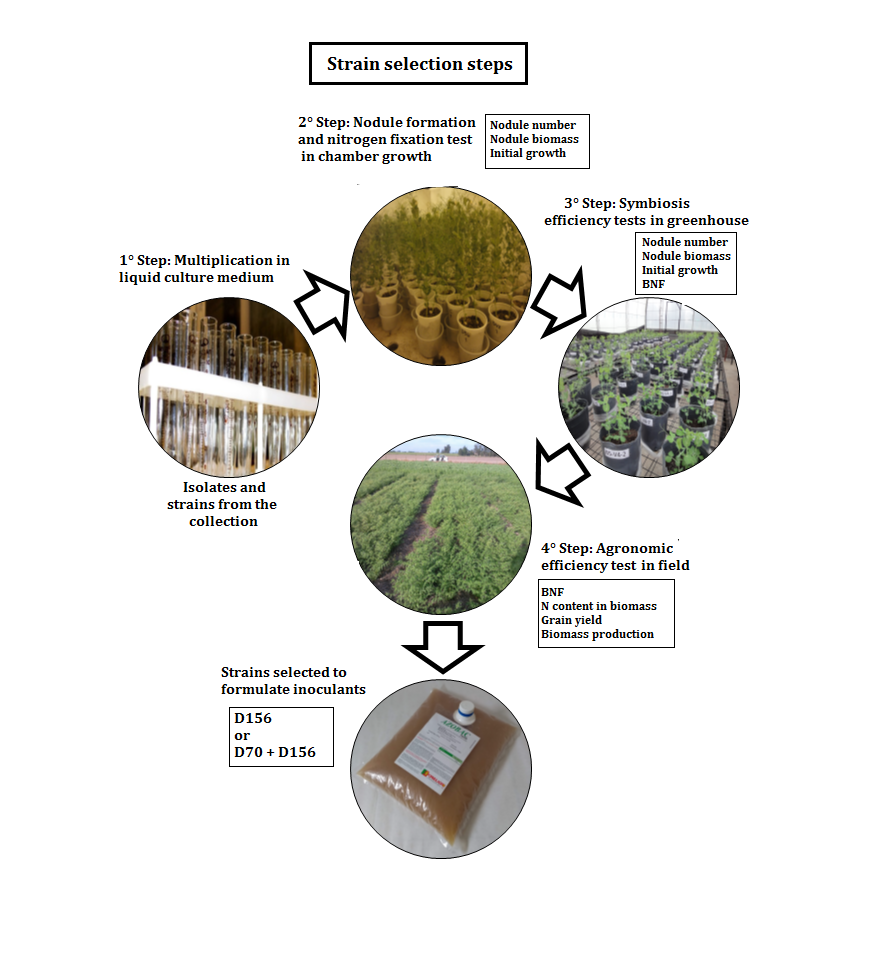
Field pea (Pisum sativum L.) is a winter symbiotic legume that associates with Rhizobium leguminosarum sv viciae. This work aimed to evaluate strains of R. leguminosarum for their infective ability and early-plant growth, BNF contribution, biomass and grain yield. Seventy-eight specific strains and four pea cultivars were evaluated in a growth chamber, five strains and three cultivars were evaluated in a greenhouse, and three strains and two cultivars were evaluated in a field experiment. Only 44-55% of all evaluated strains were infective in the four cultivars. In the greenhouse, D70 and D156 strains showed the best nodulation variables as well as higher N content and yield. The field experiment showed D156 and D70 yielded a similar behavior for N content in canopy biomass and individual nodule biomass, whereas D191 had a higher nodule number per plant, aerial biomass and grain yields. D70 provided good nodulation, N content in biomass, and yield in the growth chamber, greenhouse, and field experiments, whereas D156 had a like or superior behavior in the greenhouse and field experiments. Therefore, D156 could constitute a good candidate for bacterial single-strain inoculants, as well as for formulating microbial consortia.
Highlights:
- Only 44-55% of all the strains tested presented nodules in the four commercial cultivars.
- The isolates from the genus Lathyrus had a higher proportion of infective and effective nodules (60%), whereas the isolates from Pisum had only 8%.
- The D156 strain exhibited similar or better behavior than the reference strain D70 in chamber growth, greenhouse, and field experiments.
- The D156 strain could be a good candidate for bacterial single-strain inoculants, as well as for a microbial consortium with D70 for Pisum sativum (L).
Descargas
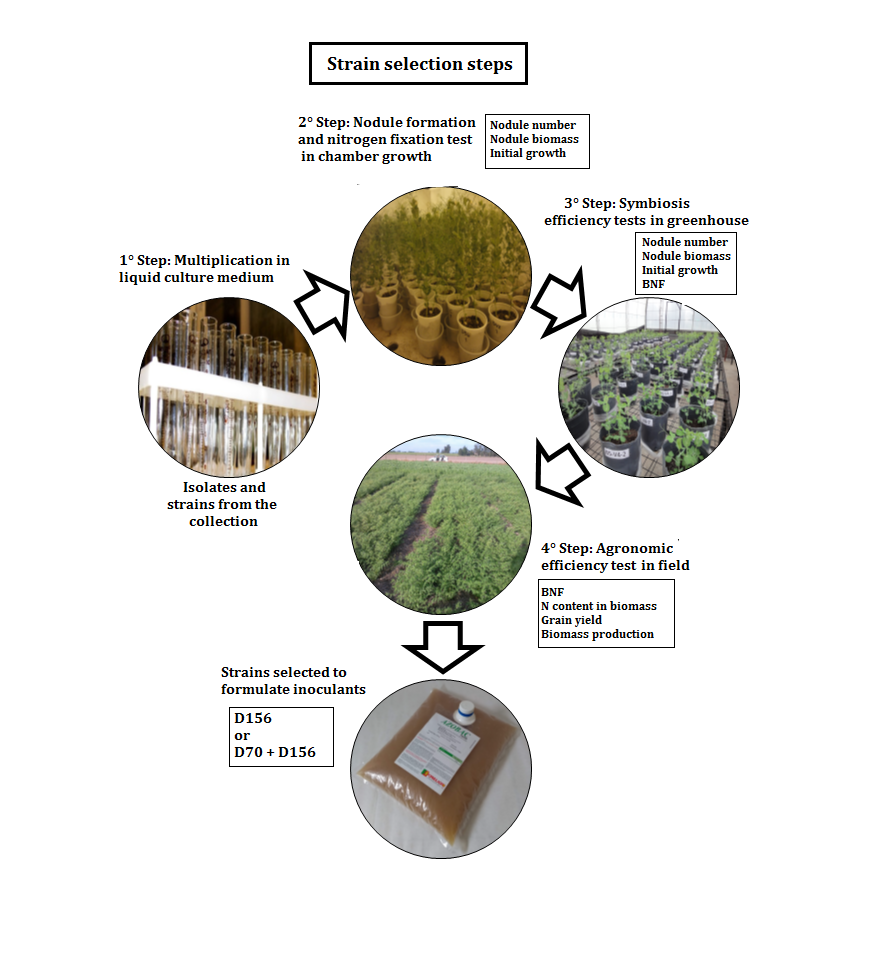
Descargas
Publicado
Cómo citar
Número
Sección
Licencia
Derechos de autor 2018 Revista de la Facultad de Ciencias Agrarias UNCuyo

Esta obra está bajo una licencia internacional Creative Commons Reconocimiento-NoComercial-CompartirIgual 3.0.
Aquellos autores/as que tengan publicaciones con esta revista, aceptan las Políticas Editoriales.

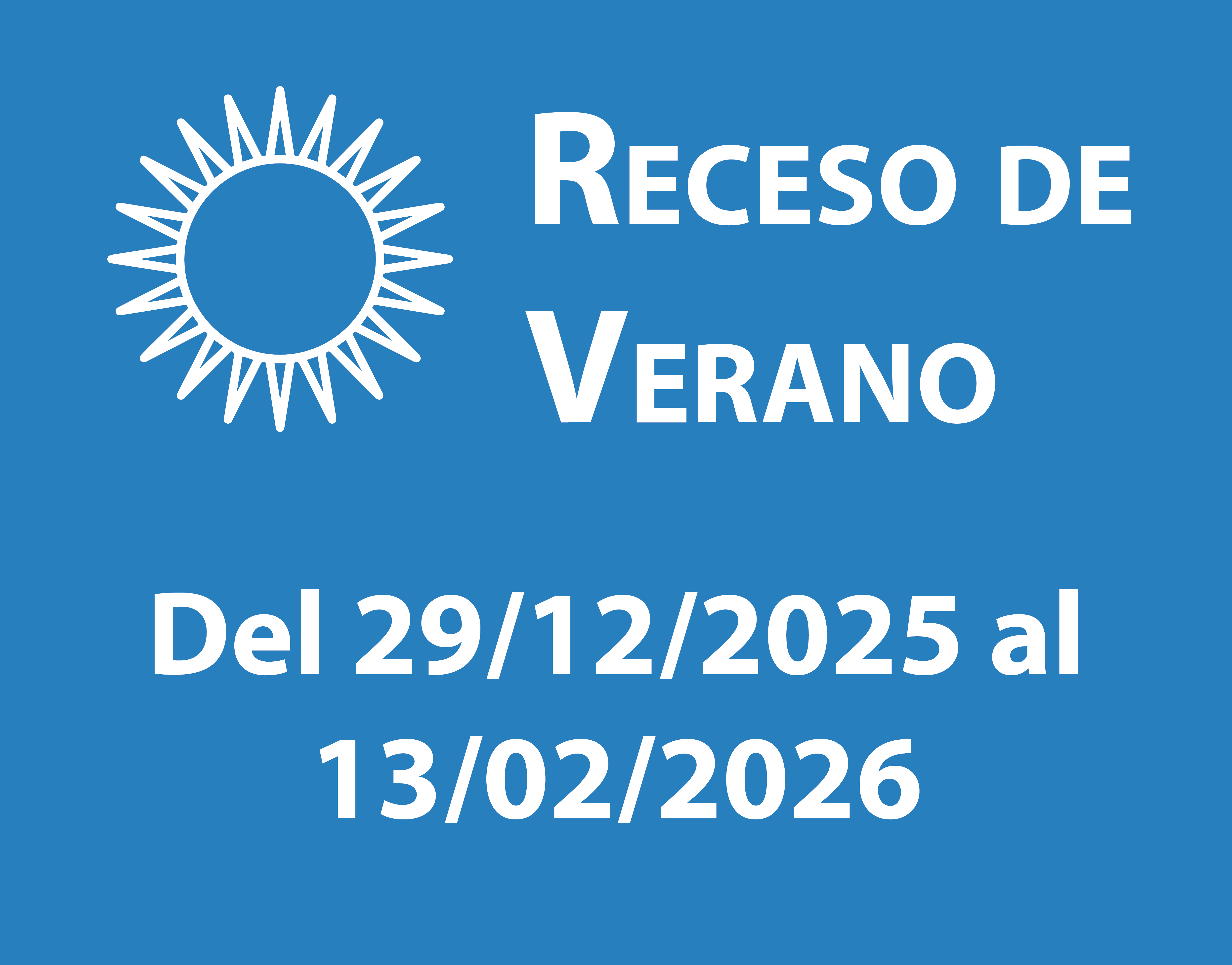

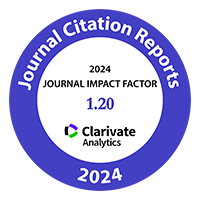




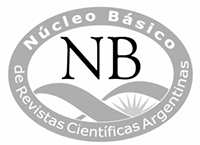


.jpg)
